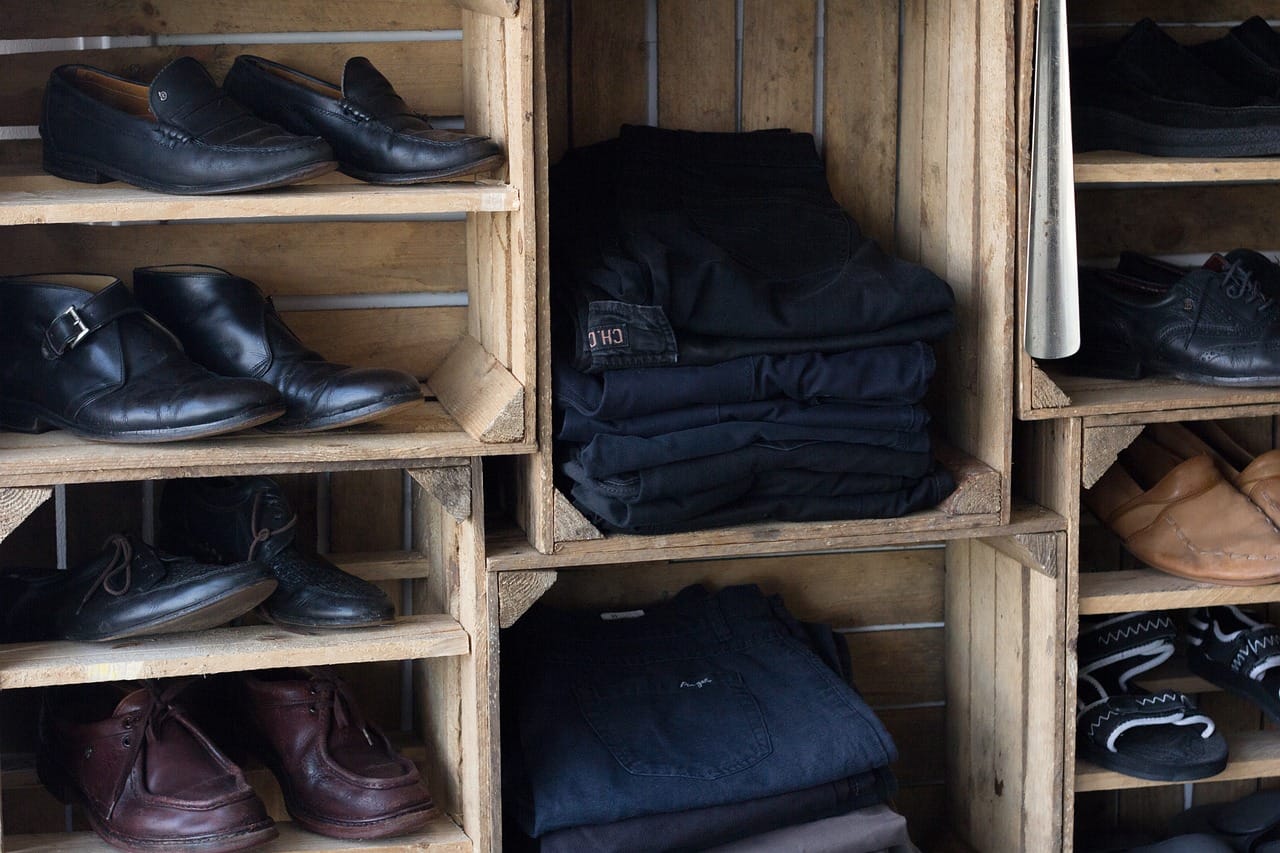Why Are Some Circular Fashion Brands Struggling?
If we look at the resale market in general, the projections and expert comments suggest it is an industry full of promise. A recent report published by Bloomberg Intelligence used a range of data to suggest that by 2030, circular business modems could grow to almost a quarter (23%) of the total fashion market across the world. By extension, this suggests that a combination of limited consumer spending power and greater awareness about sustainability is key to businesses taking advantage of this phenomenon.
However, the reality for many businesses operating in the resale and repair sectors, both existing and new is very different. We are seeing both small online brands and large platforms closing down, investors starting to worry and as a result, being less likely to fund businesses that are in need to cash. When we provide our ghost mannequin photography services to clients, it is often a result of new marketing strategies, product lines and other activities reliant on cash flow. Without it, any business would struggle.
What is happening with circular fashion brands?
To back up our introduction with real-world examples, we’ve taken a look at different brands from the circular fashion market and detailed the challenges they’ve faced below.
Cudoni
A leading resale platform targeting the luxury market, Cudoni announced recently that they would stop operating due to the current economic crisis. Given the fact that as recently as January they announced raising £7.5 million from investors, this suggests significant struggles in the past three or four months.
Dotte
One of the biggest brands in the resale community, Dotte was the top location for childrenswear and yet announced they would be closing due to a lack of funding for their future plans. Whilst yet again the suggestion is that the current economic challenges are to blame, this goes against the logic that limited budgets would prefer second-hand goods over brand-new products.
Vestiaire Collective
Vestiaire, launched by Parisian entrepreneurs in 2009 and a well-known brand in the circular fashion industry has struggled to return a profit, announcing the need for acquisitions and additional time, to help them start making a profit.
Depop
As a ghost mannequin photography and fashion business, we are aware of the popularity surge generated by Depop. What was once hailed as a leading brand, with investment from major companies like Etsy, the story is beginning to change. Etsy invested $1.6 billion in Depop but now believes this value was $1 billion too high.
eBay
Perhaps not helping other brands in the circular fashion market is the actions of the original reseller, eBay. Their German business has announced that private sellers will no longer pay fees or commissions and should this extend to other markets like the UK, then it will pose major challenges to other platforms.
The Watch Hospital
Moving away from primarily online brands, this business had 19 repair stores across the UK that closed without notice in March of this year. Given the need for highly skilled labour and the costs involved, the current financial climate may prove too much for similar businesses with a physical presence.




